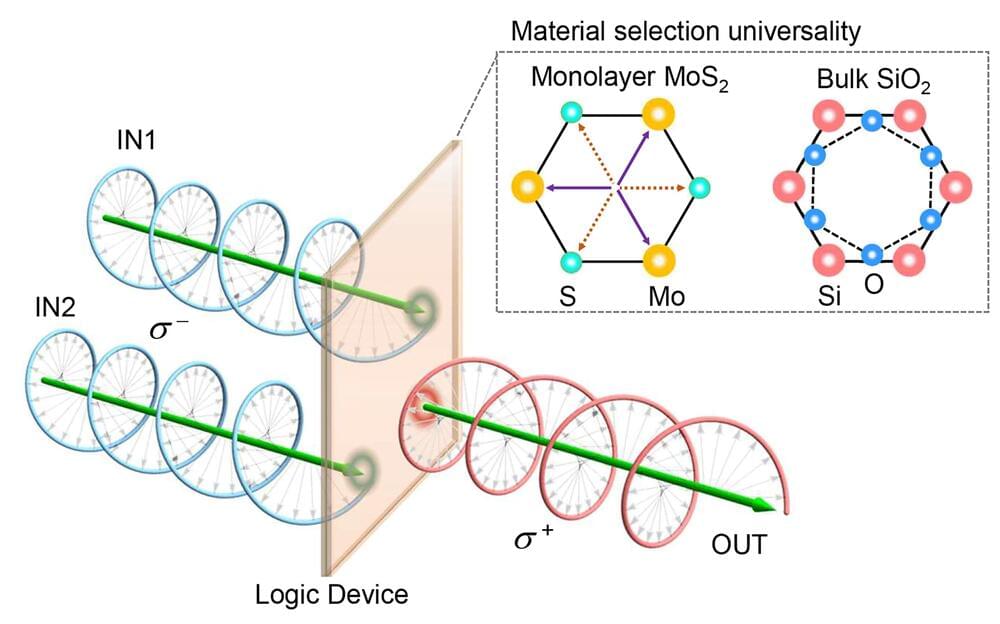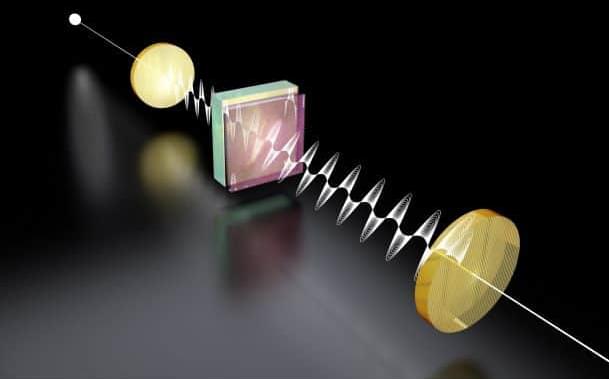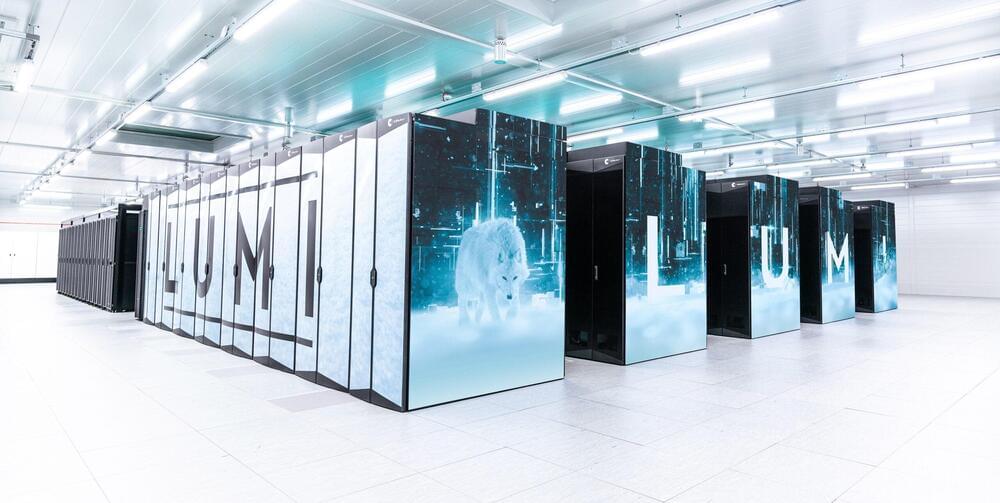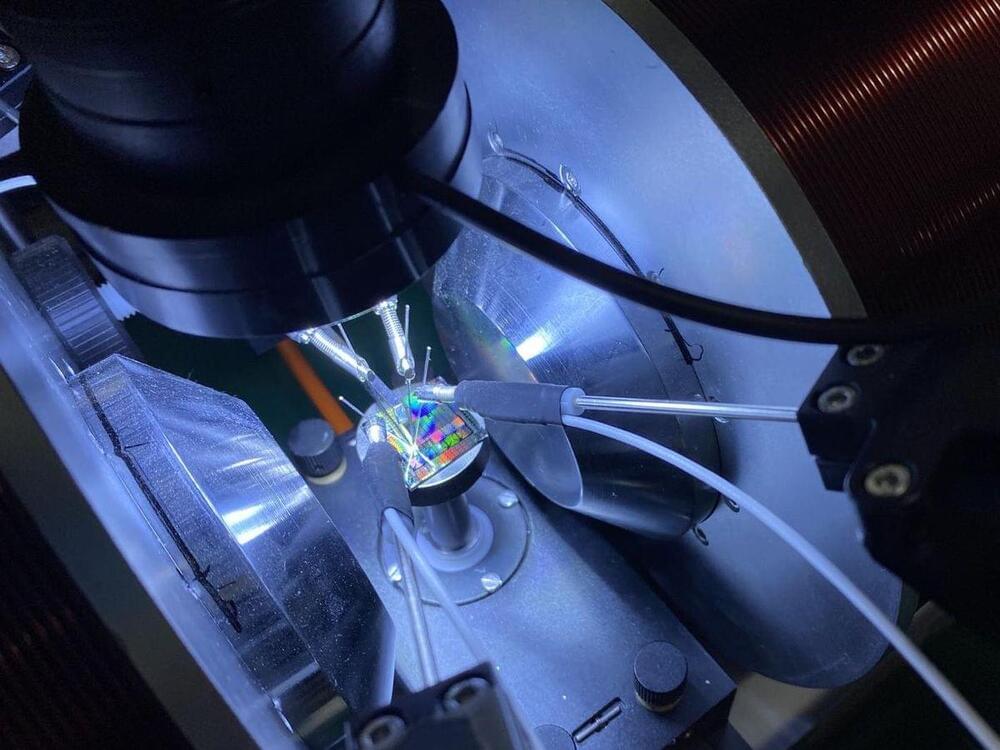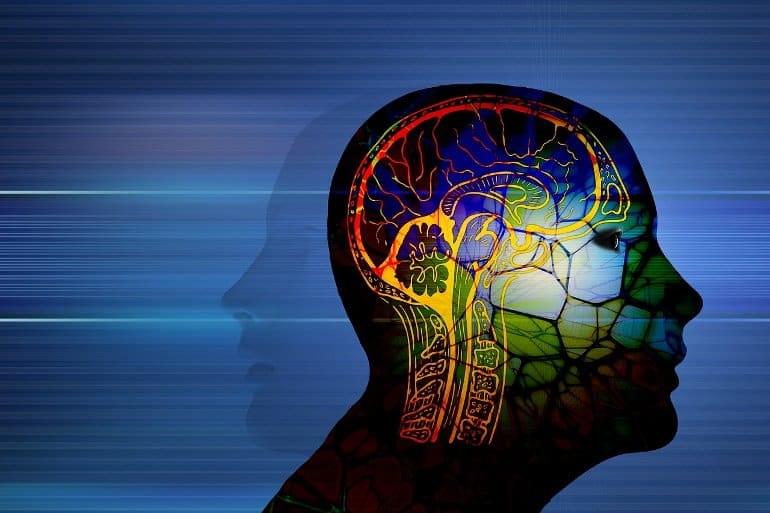Dec 10, 2022
Inspired by Living Systems — Next Generation Material Adapts to Its History
Posted by Jose Ruben Rodriguez Fuentes in categories: biotech/medical, robotics/AI
Responsive material changes its behavior based on earlier conditions.
Inspired by living systems, a new material has been developed that changes its electrical behavior based on previous experience, effectively giving it a basic form of adaptive memory. Such adaptive materials could play a vital role in the next generation of medical and environmental sensors, as well as in soft robots or active surfaces. The breakthrough was achieved by researchers at Aalto University in Finland.
Responsive materials have become common in a range of applications, from glasses that darken in sunlight to drug delivery systems. However, existing materials always react in the same way each time. Their response to a change doesn’t depend on their history, nor do they adapt based on their past.


